Residents of Okinawa, Japan, are known for their astoundingly long lifespan.
1 out of every 1,235 people in Okinawa lives beyond the age of 100.
And, not only long lives, they live a happy and purposeful life as well.
What’s their secret?
The answer comes in three parts.
And in this blog post, I’ll talk about the three main principles that Okinawans live by to lead a happy and long life.
Let’s start with the first:
Ikigai
Ikigai translates to finding your purpose in life.
Finding work that excites you every day, pays you to bear your daily expenses, and is something that you’re good at.
And this principle is entirely rational.
You’re not going to have a joyful life if you spend most of it slaving away only to earn an income.
When you work on things that you’re passionate about, time flies, and you enjoy every moment of it.
This is commonly referred to as the flow state and is the best form of satisfaction you can get from your work.
Okinawans tend to find flow in everything they do. And they do it by pursuing their Ikigai every day.
But, here’s the thing:
Not everyone has the privilege of immediately choosing a career path that satisfies their inner thirst for purpose and pays well.
Here’s an example:
I like programming. It serves as a tool for moulding my ideas into life.
But:
After spending over 6 years working in tech companies, I’ve realised that programming is not my Ikigai.
Although I don’t despise my time spent coding an app, I don’t believe that this is what I would like to do for the rest of my life.
So, what’s my Ikigai?
Writing and sharing my knowledge and learnings with people all over the world.
And after spending over 14 years writing numerous blog posts, I still enjoy this work.
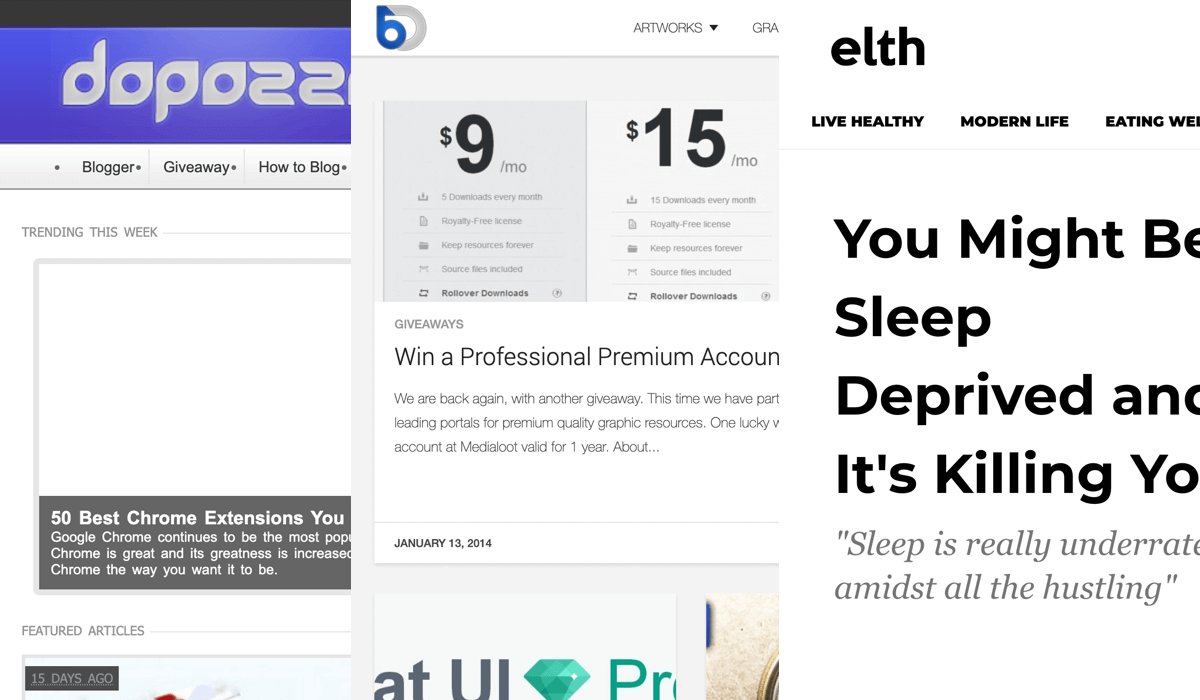
The last two years working on Hulry on the side has been nothing but magical for me.
Even as I’m writing this article, I feel a sense of purpose and fulfilment.
I’m distilling and sharing my knowledge with you to learn and apply it to your life and improve it by 1% every day.
And in the process, I get to learn new concepts and principles that improve my life.
What an incredible privilege. ❤️
Now:
Earning a living as a full-time content creator on the internet is possible. It’s been done for ages.
But, it doesn’t happen overnight.
Most successful creators, you know, have been grinding it out for years before they could earn enough money to dive into content creation full-time.
And this situation is also true for other passion projects such as photography, making music, cooking, and more.
You might be a lawyer who loves cooking and want to open a gourmet restaurant.
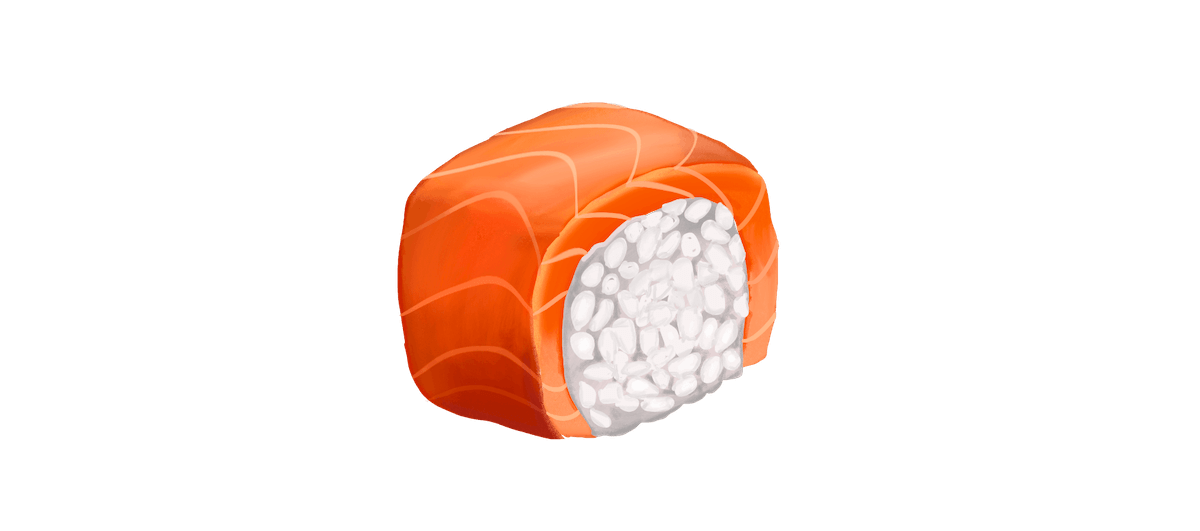
But, to start your new hospitality business, you need to invest time into the project, which might seem impossible without quitting your stable full-time job.
And if you quit your job, your financial situation might become unstable.
So, here’s a secret:
You can start pursuing your Ikigai on the side while you hold a stable job to support you and your family.
This is precisely what I’ve been doing for the last two years with the Hulry project.
I’ve been working outside office hours, building Hulry from the ground up — this blog, a weekly newsletter, and other digital products.
Now:
Although Hulry has started making money from the newsletter and other knowledge products, it’s not enough to leave my corporate job and jump ship yet.
But, here’s the thing:
With progress every day, I’ll get to the point where I can work on Hulry full-time, sooner or later.
Okay, enough about my Ikigai. How do you find and follow yours?
Here’s how:
Identify work you’d enjoy doing even if you didn’t get paid for it.
Then, ask yourself:
Will someone pay for your work? And if yes, then how do you package and sell your work?
It can be by creating a business of your own or working for a company whose values align with yours.
Once you have answers to these two questions, you’ve found your Ikigai.
And, while finding your Ikigai, remember this:
You don’t have to be an expert at the work you want to do.
It’s good to have some experience, but you can always learn how to do things from the countless resources on the web.
But, the most crucial factor is monetisation.
Because let’s face it:
Even if you become a master photographer, if no one pays for your work, you won’t be able to continue for long.
Passion won’t feed you. Money will.
So, the key here is to find an intersection between your passion and your ability to make money from it.
Live like Okinawans and have a reason to jump out of your bed every morning.
Everyone can earn money. But, not everyone has the willpower and motivation to pursue their dreams.
What would you choose?
Moving on to the next lesson:
Hara hachi bu
A rough translation of this phrase is “fill your stomach up to 80%”.
Have you felt tired after a large meal?
I know I have.
I never once felt good and energetic after feasting on a buffet and overloading my stomach.
I’ve always felt too sluggish and bloated to do anything.
And science supports this claim.
To help digest the food we just ate, our internal system transfers blood from the rest of our body to the digestive system.
Less blood flow to the brain and the rest of the body equates to tiredness.
Okinawans understand this fact.
A traditional Okinawan diet comprises a variety of food but in small measured quantities.
They believe in filling their belly up to 80% only.
But, here’s the thing:
How do you know you’re 80% full?
The key here is to stop eating once you start feeling full.
I’ve been practising this approach not to overeat, and I have to say it takes practice.
I often eat more than I should and then feel unwell.
But, with practice, I’m getting better at understanding my 80% capacity.
Now:
Apart from eating less, an Okinawan diet is rich in fruits and vegetables and sparse in meats.
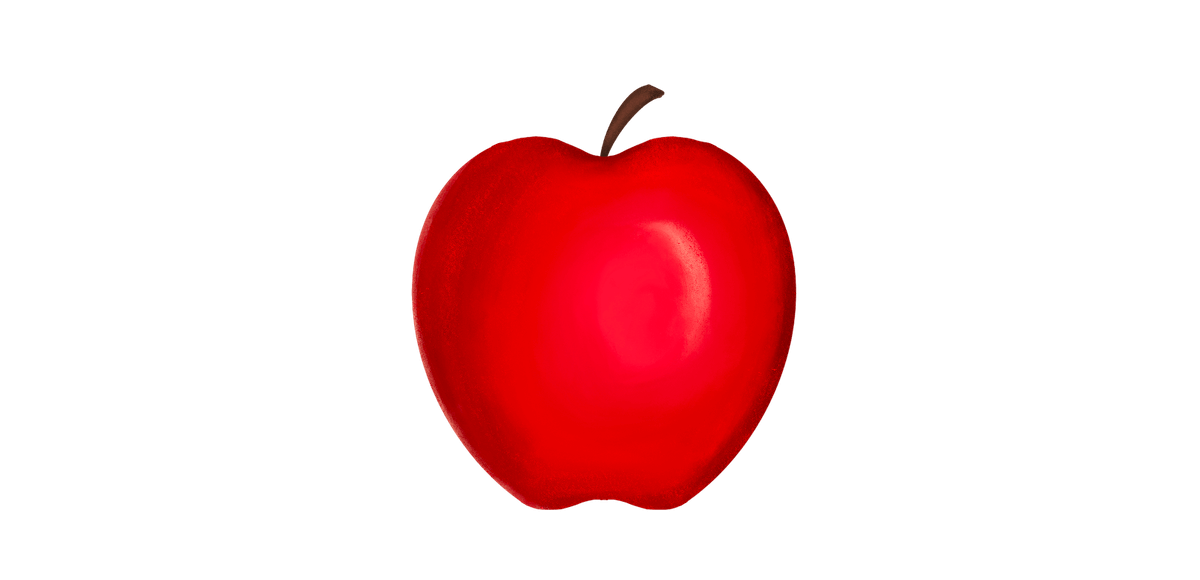
When I first read about this, I could relate to this.
A meal rich in vegetables and fruits always makes me feel more energetic throughout the day.
Whereas eating meat-rich diets often makes me feel clumsy.
And, a study conducted by the University of Otago, New Zealand, confirms that eating vegetables and fruits makes you feel more positive and energetic than other diets.
So, what do people in Okinawa usually eat?
Here are some common ingredients of an Okinawan diet:
- Tofu
- Carrots
- Onion
- Peppers
- Cabbage
- Soybeans
- Citrus fruits
These foods are rich in antioxidants which reduce cell damage in our body.
This keeps us young and works in steering us clear of harmful diseases such as heart disease, vision loss, and arthritis.
You’re made of what you eat.
And:
With some minor tweaks in what we eat and how much we eat, we can keep our body thriving, ultimately contributing to a long and healthy life.
Coming to the third part is the famous Japanese ritual of:
Chanoyu
Chanoyu or “the way of tea” is a familiar ritual followed in the entirety of Japan.
And Okinawa is no exception.
Although a traditional tea ceremony in Japan is quite elaborate, I love the idea of having tea with family and friends and exchanging stories.
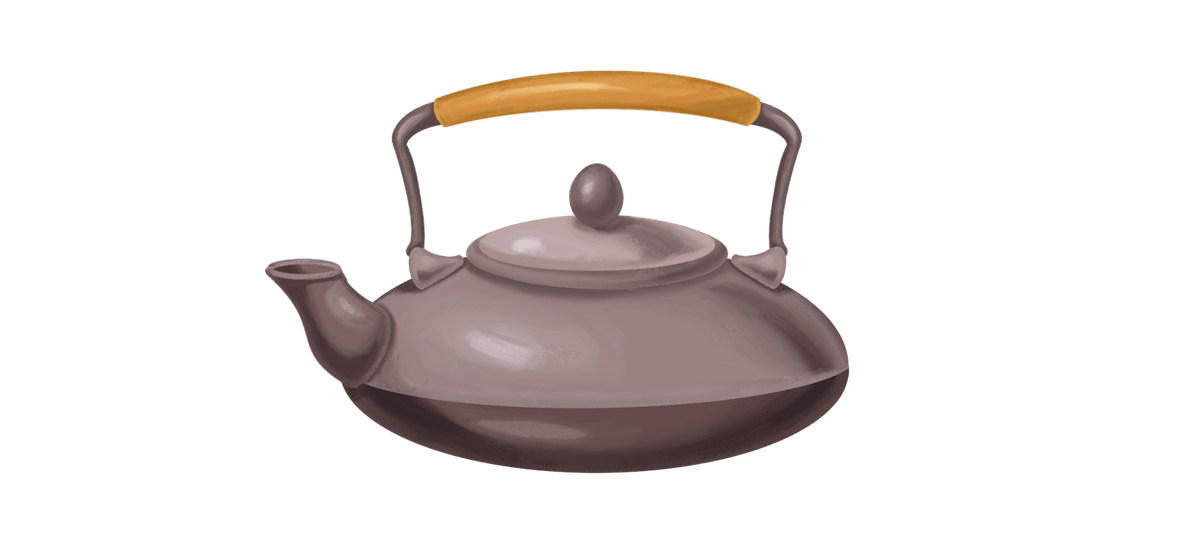
Like Japan and China, tea or chai is an insanely popular beverage in India.
I drink tea every morning and evening with my wife.
And, I look forward to these times every day not because of the magical taste of tea but because of the moments spent with my wife drinking tea.
We usually talk about our days, make plans, watch light comedy shows, enjoy the cool breeze from our balcony, or chat about anything during our tea time.
I’ve had countless meaningful discussions with my wife during these tea breaks.
This practice strengthens our bond and serves as an outlet for thoughts and ideas in our minds.
And this feeling extends outside the family.
Tea breaks in the Indian workplace are equivalent to the western water cooler talks.
This is the time when we forget about our stressful work and connect with our colleagues, sipping some hot tea.
But why does this even work?
Humans are social creatures. We crave interactions with other humans.
Loneliness is a major contributing factor to severe mental and physical health problems.
A tea-time ritual or Chanoyu helps us combat isolation and loneliness by creating an opportunity to interact with the people around us.
Meaningful interactions with close friends and family make us feel part of a tribe, melt stress away, and makes us happier and more fulfilled.
So:
How do you apply these learnings to your life?
Dissecting the lessons, we can categorise them into two buckets:
- Long-term goals: Ikigai
- Short-term goals: Hara hachi bu and Chanoyu
With Hara hachi bu and Chanoyu, you can quickly turn around your life by shifting to a healthier eating approach and making time for meaningful interactions.
But:
The one aspect that’ll dramatically improve your life is finding your Ikigai and following it.
And finding your Ikigai can be a long winding process.
So:
Don’t give up if you can’t come up with what you want out of your life during a weekend.
Keep asking yourself:
“What do I enjoy doing the most that can support me financially?”
And, once you’ve found the answer to that question, work towards making it the core part of your life.
Again, it might not be a 1-day shift, but if you put in the time every day and work towards making it happen, a life pursuing your Ikigai is well within your reach.
I’m taking action every day to make my dream of working on Hulry full-time a reality.
And, it’s not only me:
The world is full of stories of people leaving their unfulfilling jobs to become full-time YouTubers, artists, writers, chefs, and more.
My wife recently quit her job to work on her passion for making oil paintings:
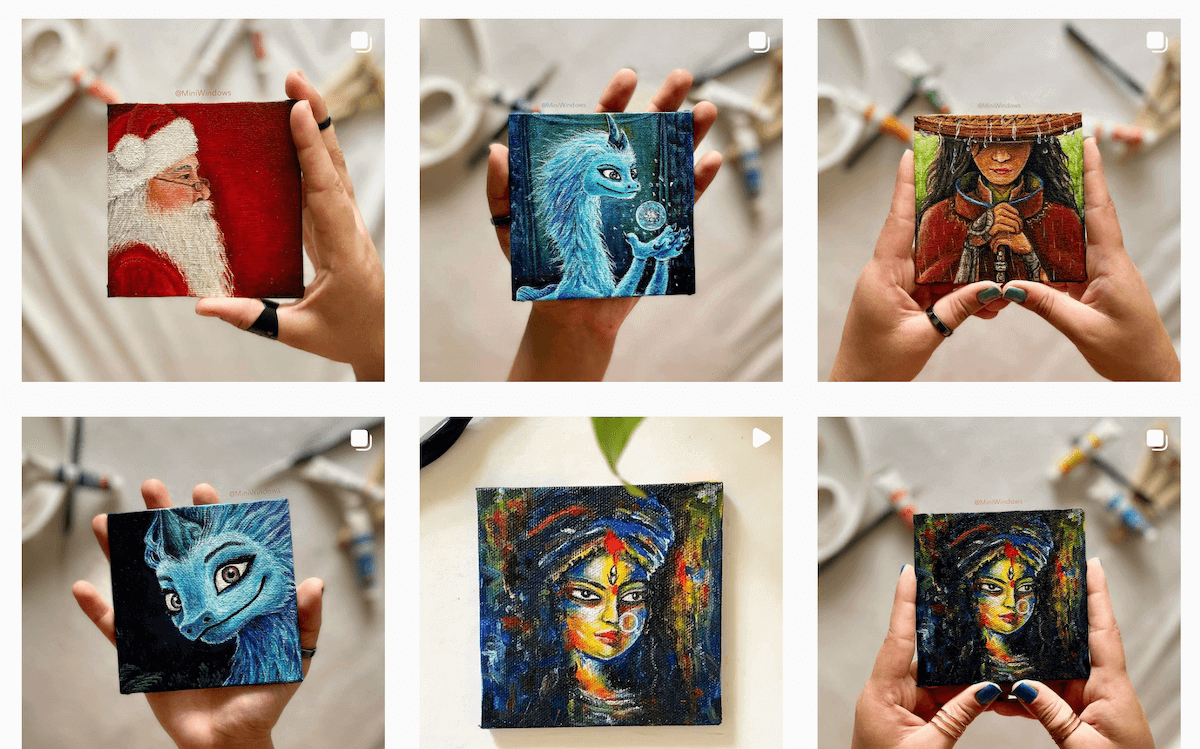
And ever since that decision, I’ve seen a spark in her eyes that I didn’t see while she was tirelessly working a corporate job.
She’s happier.
And, you can too.
Take some time this weekend, do a life audit, and take the first step towards finding and pursuing your Ikigai.
Don’t waste your life away doing things that don’t fulfil you.
Want to discuss more on this topic? Hit me up on Twitter or email.



 In-depth articles, series and guides
In-depth articles, series and guides
